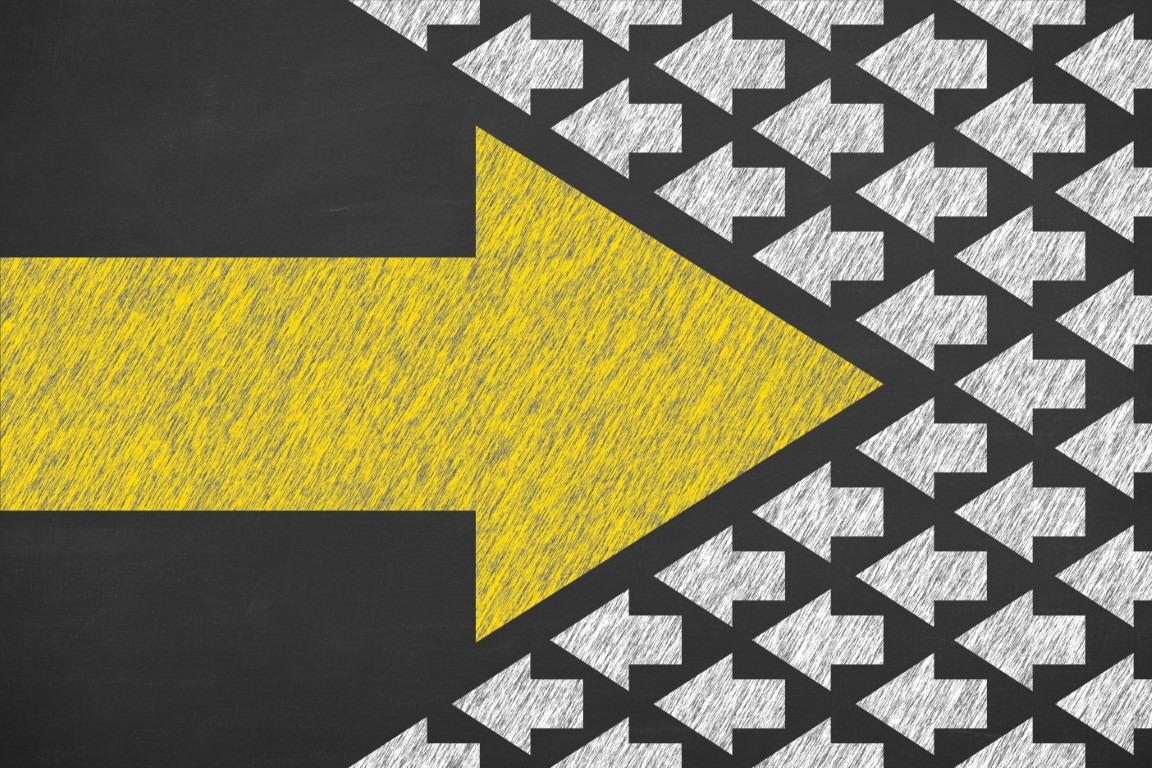
A protest is only effective if it becomes deeply uncomfortable for the ruling class or directly impacts the working class who were previously unaware or unconcerned about the protestors’ goals
The cost of apathy will be paid in time
By Matthew Fraser, Editor in Chief
Over the past several weeks the most important conversation in Canadian politics has been surrounding the “Freedom Convoy.” A portion of Canada’s population has wondered who these people are and how they came to be. People have wondered how ideas they disagree with so vehemently could become part of the mainstream Canadian conversation and what that says about Canada as a whole. But as these questions were being asked by swaths of the public, another more ominous question began to take root: why hasn’t the government used more force in ending these protests and blockades?
A protest is only effective if it becomes deeply uncomfortable for the ruling class or directly impacts the working class who were previously unaware or unconcerned about the protestors’ goals. A protest that can be pushed into a corner, sanitized and forgotten by the masses is a protest that will have no effect and will invariably die in silence. Regardless of how you feel about the “Freedom Convoy” itself, it must be recognized that it has been very effective in making the ruling class uncomfortable and enflaming a section of the working class.
Ruling class discomfort can be no better measured than by PM Trudeau going into hiding as the truckers rolled into Ottawa; conversely, public awareness is equally clear in the form of the near-nightly recounting of the anguish faced by downtown Ottawa residents as told by CBC or Global News. So, the ultimate and only response to make this end must come from government action that reduces the discomfort felt and in turn neuters the ability of this protest to continue. But government mandate and response by its very nature acts as a heavy blanket and will fall equally on every future protest that causes effective discomfort for the powers that be.
On February 14, PM Trudeau invoked the Emergencies Act of 1988 to grant himself more powers to reign in the convoy participants; a short time later, the government moved to bring crowdfunding websites to heel by making them subject to the same Financial Transactions and Reports Analysis Centre of Canada (FINTRAC) regulations that govern banks and other financial institutions. The hope seemed to be that these measures would prevent funds from being used for “terrorist activities.” If you support these actions against the truckers and their supporters, you must consider that these are dangerous and unprecedented steps that will invariably be applied to a later protest you will agree with. It is only a matter of time before these tools are used somewhere you won’t like.
What would have happened if these laws had been in place during the march that culminated in the pulling down of the Gassy Jack statue in Downtown Vancouver? If the Vancouver Police Department had deemed that march a riot or violent occupation, these new powers as granted by the federal government would have allowed them to suspend or confiscate all the money raised by any participating organizations regardless of their real involvement in the act that occurred. Homeless shelters or Indigenous organizations that were present though unconnected could have had their coffers raided and their funding cut off. People who were peacefully present in solidarity could have had their assets frozen and confiscated as well. This should be alarming to most people.
Consider for a second the blockades of 2020 that followed the Wet’suwet’en water protector’s protest. Amongst their most effective moments was the blockade of multiple train tracks and logging roads. These blockades were so effective that they forced the Alberta government to criminalize blocking public infrastructure and in turn arrest those who continued to do so. Elite discomfort was assuaged by governmental repression. I am willing to wager that those who supported the passing of those laws then are the same people who support the “Freedom Convoy” now. It is not an unfair point to say that they can use that very same law to warehouse truckers, convoy supporters and any children who may be partaking in this crime. Is that really how we want to deal with peaceful protesters?
More importantly, how are we treating those who support these protestors even if we don’t agree with the protest itself? At the behest of the Ottawa police department, GoFundMe first suspended then closed the fundraising page for the convoy. Shortly thereafter, GoFundMe vowed to donate all of the money raised to charities of their choice as opposed to refunding the money that rightfully belonged to those who choose t0 donate. Those who applauded the crowdfunding website’s initial decision never stopped to ask themselves if they would feel the same way if the Minneapolis police had demanded the same when the George Floyd protests had begun and if GoFundMe had donated the money raised to an anti-abortion cause.
Worst still was the hacking and subsequent doxxing of those who donated to the convoy. Reporting from CTV News has all but exposed numerous donors in the Ottawa area and across Canada including the wife of the co-founder of DavidsTea. Most shockingly, journalists have pursued people who donated as little as $40 according to former White House correspondent Saagar Enjeti. In a similar case, Congresswoman Ilhan Omar questioned the logic and motives of a journalist who published the name and workplace of someone who donated $250 to the protests. People should ask themselves whether they feel comfortable with conservative outlets like True North or Fox News naming and outing people who privately donated to lawyer funds for BLM protestors. Is that really what we want to normalize in our body politic?
The most alarming part of all this is that it doesn’t seem like most people have taken the time to think through the inevitable consequences of these actions. More likely than not, a section of our population has decided that since the current victims are those they do not like, it’s not a problem. I guess it’s fitting that today’s victims will one day have the chance to see the same abuses vested on those who are currently apathetic.


